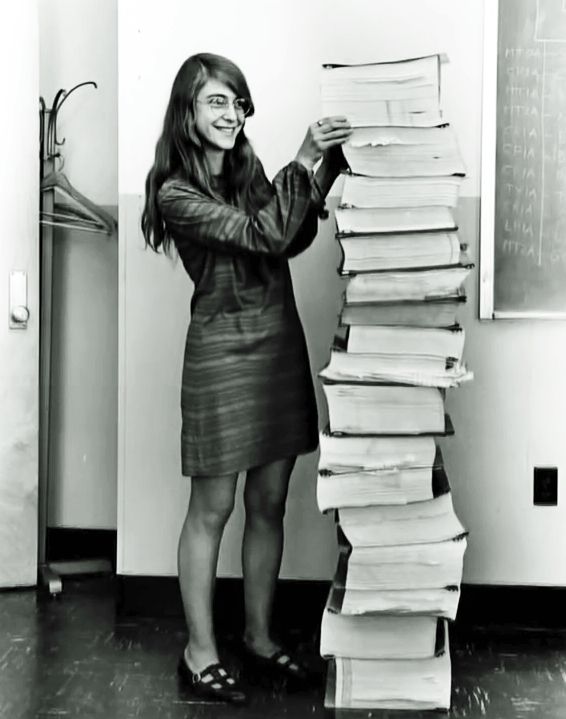I wrote code for the HP Mini, PDP8, PDP11, and a few other minis. Yes we lived in 8K of code space. I went to a class at Comdex in 1999 on the TCP/IP stack where the lecturer basically went through that RFP in gut wrenching, stultifying detail. My head still hurts. SR11? You whippersnapper, I have an SR10 - and like yours I can plug it in and it still works - almost 40 years later. Still have my 51, 52 & TI55 (Never learned to use RPN)
Heck, when I started college, the SR11's abilities lasted a couple of months. My compatriots were buying the just released SR-50 and it was sorely needed to get through tests. The 51A just came out a few months after the 50 and since my fathers business at the time sold office supplies, he picked one up wholesale for me. Ewwwww...... first degree linear regression and factorials! Cripes I don't even use any of that stuff anymore.
Here's another piece of trivia. I went to a small scientifically oriented college and as far as I was concerned, boys and girls were equals when it came to scientific endeavors. Heck there was a lady math professor who was a student "at" the University of Chicago when the atom was split under the old Stagg stadium. Later worked on the Manhattan project and acquired a patent for some of her work there. Never spoke about it as those folks were sworn to secrecy. After she passed years later, mention was made of the fact she worked on the "bomb" in an Alumni journal and that she had signed over the patents to the college in the course of her career (she never married). There was a rumor circulating to that effect while I was going to school there but it was kept hush hush.
The gist of all this is I thought men and women were equal as far as the "ability" to learn science. At least that was my experience in school. Many gals were better than men in the sciences.
Hence, a newspaper vendor was staring at me one day as I was swearing at the front page of the Sun-Times that stated men were "better" than women in math and science. Bull hockey.
I just assumed some people had a better "knack" for it and sex didn't play a part in that.
Anyhow, the Social Sciences authorities said they had "data" to support that assertion (at the time?) and I acquiesced that perhaps scientifically inclined girls were attracted to Illinois Benedictine College due to the college's reputation in the fields. Soooo, that "skewed" my impression.:eyeroll:
I still don't think there is much difference between sexes. Geez, some men become lawyers for cry'in out loud 'cause they don't "get" scientific notation.
I do know a hospital administrator who educated me about the ability of one to learn calculus and I think he's right. Some people just have the knack or
right mind to "get it" more easily. He was a business major and he took 400 level math courses for fun and could ace the hell out of it. Me? I had to learn
by brute force. It wasn't easy. But now, I couldn't do an integral if my life depended on it. Kurt






 I think the joke flew over your head.
I think the joke flew over your head.